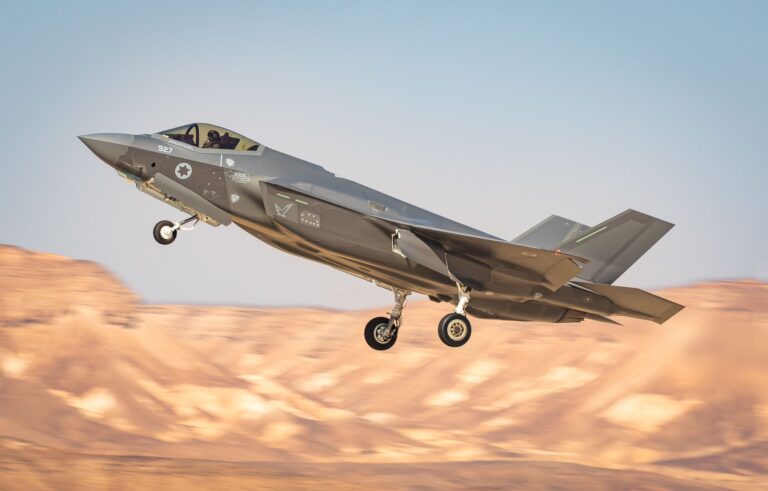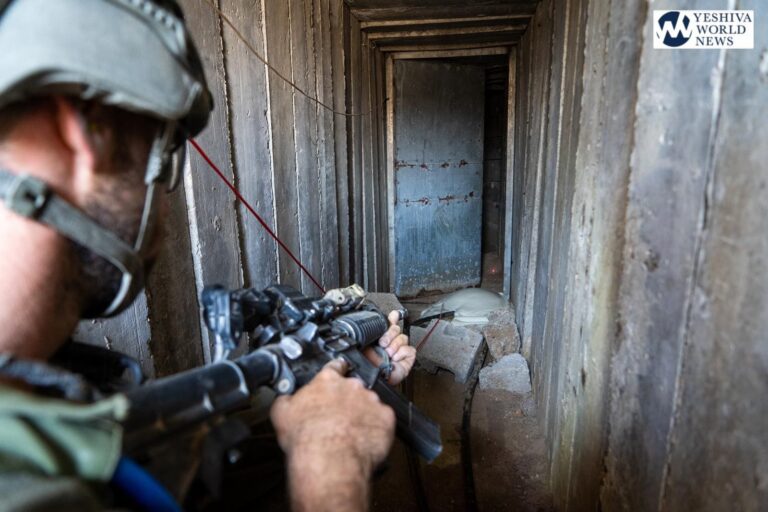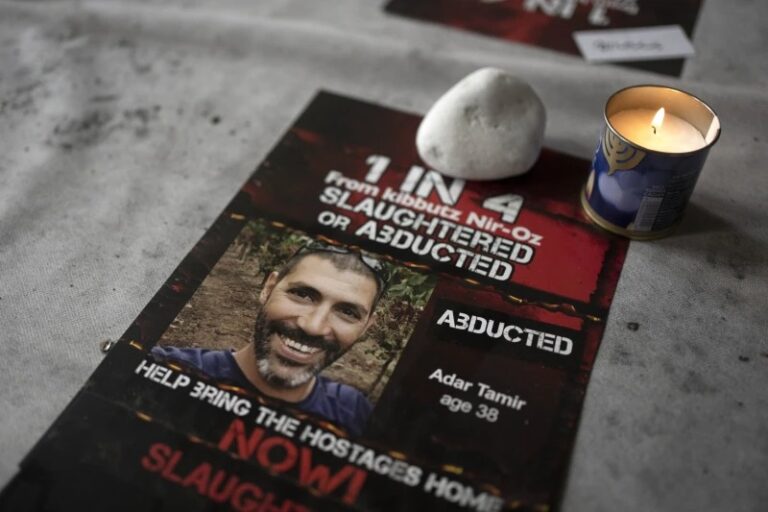 Twenty-thousand feet down the answers may be waiting, hidden in some underwater canyon far off Australia’s coast. But more than nine months after searchers began scouring the seas for a Malaysia Airlines jetliner that vanished with 239 people aboard, the catastrophe defies resolution.
Twenty-thousand feet down the answers may be waiting, hidden in some underwater canyon far off Australia’s coast. But more than nine months after searchers began scouring the seas for a Malaysia Airlines jetliner that vanished with 239 people aboard, the catastrophe defies resolution.
In that way, the long, fruitless hunt for clues to Flight 370’s fate set the tone for many of the headlines that defined 2014. It was a year upended by calamity and conflict, disease and division that often left the public and its leaders grasping for answers.
From Ukraine to the Middle East, from the Ebola threat to the tensions exposed by police killings in Ferguson, Missouri, and elsewhere, many of the top news stories fed into a growing sense of frustration.
Confronting the questions raised by the headlines brought little peace of mind. Instead, one event after another exploded, demanding attention but often rewarding it with weariness and lingering unease. Unlike 2013, when much of the news centered on Washington’s political dysfunction, many of this year’s biggest stories were rooted in far-flung locales, but their impact kept rippling.
That was certainly the case with the conflict over Ukraine, stretching back to President Victor Yanukovych’s ouster in February. When Russia filled the vacuum by grabbing the Crimean peninsula and working with militants bent on taking more territory from the western-leaning government, it set off a standoff reminiscent of the Cold War.
Militants are blamed for downing a second Malaysian jet as it flew over Ukrainian airspace in July, killing all 298 aboard, the largest number of them Dutch. U.S.-led sanctions have begun tightening a vise on the Russian economy. Months later, both sides are locked in a stare-down that can hardly be called a peace.
In less harried times, even many of the biggest news events capture the public’s attention for just a few days, or perhaps weeks, before slipping from view. But in 2014, Ukraine kept a lasting place in the headlines and was hardly an exception.
Consider that the Ebola crisis began with a case in Guinea last December. By March, the World Health Organization was tracking the outbreak and working to marshal a response. But a year after the outbreak began, there is no end to fears of a disease that has already killed at least 6,000 people.
Nearly all of those deaths came in three west African countries. But when a Liberian man with the disease died at a Dallas hospital this fall, followed by a handful of other U.S. cases, it set off a panic and doubts about whether the health system was ready. As the year neared an end, the WHO questioned reports of progress in containing the disease in Africa based on data it says is filled with inconsistencies.
The Malaysia Airlines disaster, too, captivated the world long after the plane disappeared shortly after takeoff in the early hours of March 8. Eventually, aircraft, ships and searchers from 26 countries were assembled to look for the wreckage. In October, a contractor dispatched ships with high-tech sonar to scan 23,000 square miles of Indian Ocean floor. But the job could take until at least next May, officials say, and no wreckage has ever been found.
“The sense of helplessness, the feeling of powerlessness, and the pain have not eased but only worsened as times goes by,” said Liu Weijie, whose wife was aboard the flight. He was speaking after 100 days passed without any sign of the jet.
Meanwhile, violence in the Middle East once again took command of the headlines, sometimes in ways that shocked even a public numbed by the region’s tense history.
The worst violence broke out in Libya since dictator Moammar Gadhafi was overthrown, after the Islamists in control of the national congress ignored a general’s February order to dissolve the chamber. With militias in control of Tripoli, the year ended with the country split by two governments, two parliaments, and hundreds of thousands of people displaced.
In Gaza, the June kidnapping of three Israeli teens by Hamas operatives brought a crackdown by Israeli forces, retaliatory rocket attacks and a 50-day war that killed more than 2,100 Palestinians and 72 Israelis. But it ended with no hint of a route toward resolution.
After nearly four years of civil war in Syria, the U.S. and other countries appeared stuck in a circular debate about whether and how to intercede. But the radical Islamic State group’s rapid expansion, capped by militants’ videotaped beheadings of Western hostages, jarred an expanding coalition to launch a campaign of more 1,000 bombing attacks on IS strongholds in Iraq and Syria. As the year ends, though, leaders cautioned that their vows to destroy the insurgency could take years to fulfill.
“We recognize that hard work remains to be done,” U.S. Secretary of State John Kerry said.
Even as the war on Islamic State began, Americans turned their attention to suburban St. Louis, where in August a white police officer fatally shot black 18-year-old Michael Brown, after stopping him and a friend for walking in the middle of the street. Exactly what happened was clouded by conflicting witness accounts. Brown’s death, and a grand jury’s decision not to charge the officer, prompted a furor over law enforcement’s treatment of young, black men. Other police killings in New York, Cleveland and elsewhere just fed the public’s frustration.
If any news event offered the chance for resolution, it was the November elections that presented fed-up voters with a means for shaking up the status quo.
That’s just what they did, handing Republicans control of the Senate they sought to battle President Barack Obama and boosting the party’s strength in a number of statehouses.
But there’s been little sign that will break gridlock in Washington, where Obama’s recent decisions — particularly an executive order curbing deportations — have stirred intense GOP enmity. With the election over, public disenchantment has remained in place, with polls showing that two of every three Americans believe the country is headed in the wrong direction, despite continued improvement in the economy.
Clearly, not all of the news stories of the past year lacked resolution. There were winners and losers at the Winter Olympics and the World Cup — which spotlighted athletic excellence, along with Russia’s outsized spending and Brazil’s political discontent. The number of states allowing same-sex marriage doubled this year, reflecting shifting attitudes and politics.
In South Korea, parents grieving over the April ferry sinking that killed 300, most of them high school students, saw the captain sentenced to 36 years in prison, fixing some measure of responsibility, but without closure.
But those headlines could not distract from the larger narrative of a country and world faced by daunting challenges and few answers within reach. That was clear in late October, when Peter Foley, an Australian coordinating the hunt for the vanished Malaysia Airlines jet, faced questions about its direction.
“We are in for the long haul,” Foley said.
He was referring only to the searchers and their role in trying to bring resolution to a singular conundrum. But he could just as well have been speaking about the challenges raised by any one of numerous news events in 2014, a year when making sense of the headlines required patience, but did little to reward it.
(AP)






One Response
Chevlei Moshiach.